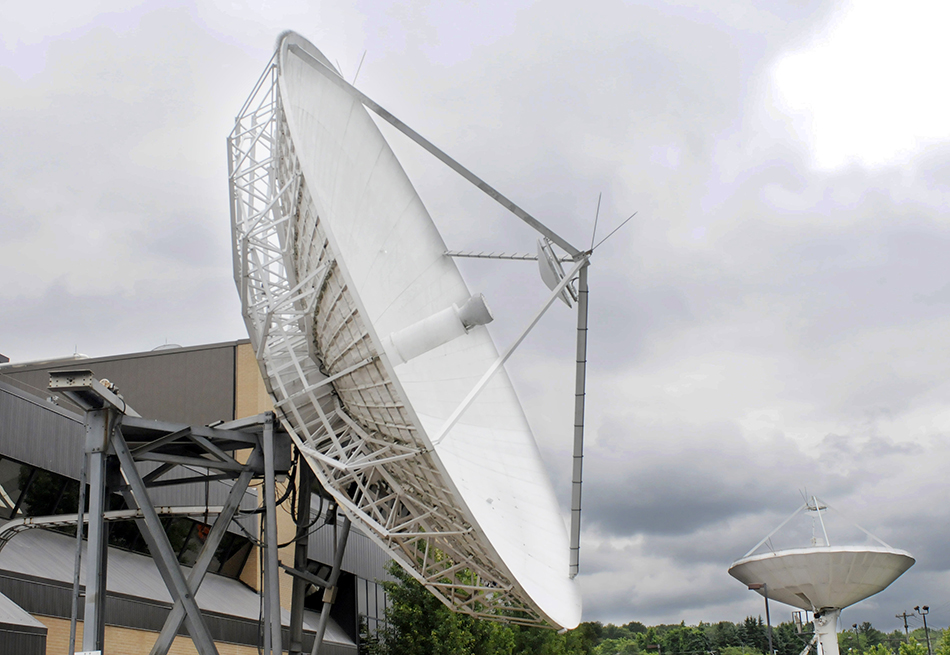Cable Ops Push 'Reasonable' C-Band Compensation
Said FCC language could prevent recouping full costs for dropping relocation challenges

The smarter way to stay on top of the multichannel video marketplace. Sign up below.
You are now subscribed
Your newsletter sign-up was successful
Cable operators want to make sure that while preventing "greenmail" in the resolution of C-Band relocation challenges, the FCC does not inadvertently prevent cable operators from getting the greenbacks they deserve.
Also Read: FCC Opens Challenge Docket for C-Band Payment Disputes
NCTA-the Internet & Cable Association has asked the FCC to clarify the language in the Wireless Telecommunications Bureau's implementation of phase I of the accelerated relocation payments for space station operators moving early to make way for 5G use of the C-Band.
The bureau said that if cable programmers, systems and other earth station operators challenge an accelerated relocation and come to an agreement with a satellite operators to drop the challenge, the operator may not receive any compensation "in excess of the legitimate and prudent expenses incurred in preparing and prosecuting the application, petition to deny, informal objection, or other pleading."
That is to prevent any entity from filing complaints simply to exact "greenmail" payments for withdrawing those complaints.
But NCTA said the FCC should clarify that that language does not bar an agreement to drop a challenge that includes "the reasonable consideration necessary to resolve those concerns," for example the cost of a new or antenna filter that was not provided or damage to an earth station by a satellite operator's contractor. An agreement could require the satellite operator to provide the money or equipment.
Also Read: FCC Provides Guidance for C-Band Payment Clearinghouse
The smarter way to stay on top of the multichannel video marketplace. Sign up below.
The current language "could be interpreted to bar the provision and receipt of the equipment or compensation necessary to resolve the underlying challenge," said the NCTA, so needs tweaking or it might discourage parties to "engage in such a process."
The faster the FCC can get incumbents relocated, the faster it can get C-band spectrum working for the rollout of 5G.
The FCC voted last February to free up 300 MHz of C-Band (3.7-4.2 GHz) satellite spectrum for terrestrial 5G broadband, 280 of that to be auctioned and 20 MHz to be used as a guard band between wireless users and the incumbent satellite operators that are being relocated to the remaining upper 200 MHz to continue to deliver network programming to broadcasters and cable operators (and other) clients, and to relay video from the field to the studio.
The FCC allowed for incumbents to be compensated by wireless auction winners for moving off their spectrum early.
Contributing editor John Eggerton has been an editor and/or writer on media regulation, legislation and policy for over four decades, including covering the FCC, FTC, Congress, the major media trade associations, and the federal courts. In addition to Multichannel News and Broadcasting + Cable, his work has appeared in Radio World, TV Technology, TV Fax, This Week in Consumer Electronics, Variety and the Encyclopedia Britannica.

